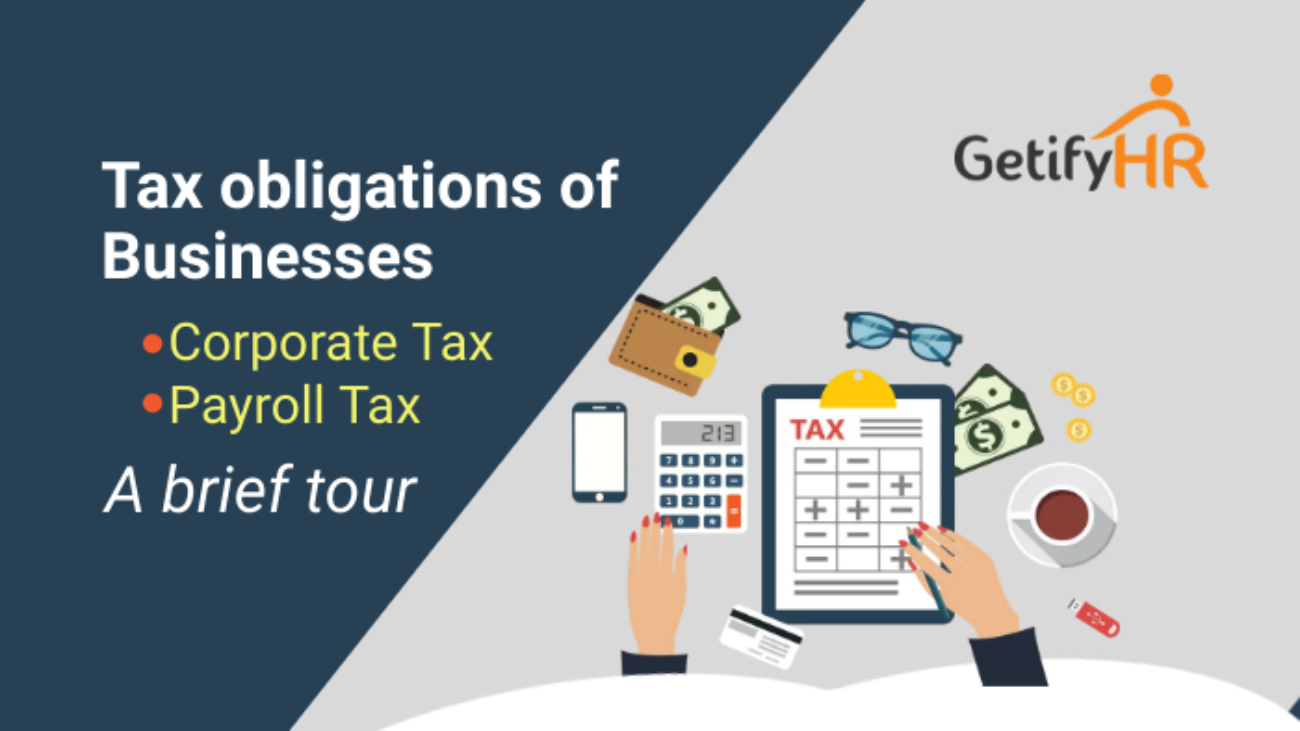Payroll Processing has always been a very challenging task especially when the workforce is fairly large. When we think of Payroll, we are not just thinking of generating the payslips. The entire gamut of Payroll Processing includes Attendance and Leave Management, Statutory Compliance, and Recruitment. All these aspects have to be perfectly integrated and work seamlessly if you are to run your payroll error-free.
The best option is to outsource this activity to a reputed service provider that could relieve HR from the pressures involved in maintaining the payroll in-house. In this article, we endeavor to familiarize you with the 10 compelling reasons on why you should outsource Payroll Processing.
1. Allow the HR to focus on core business activities
The HR teams are hard-pressed to handle payroll processing and there is no denying the fact that this activity is taking up too much of their valuable time. HR teams are supposed to focus more on talent management, improving the work culture, evaluating and enhancing performance, training and development, hiring and retaining top talent, etc. On the contrary, they are forced to focus on the mundane activity of payroll processing. By relieving the HR team from this activity, you free them to focus on core business activity. This will help the business to grow.
2. Saving on costs
Outsourcing Payroll saves money. When you manage payroll in-house your expenses will soar as you not only need to hire a workforce to specifically handle this task, but you also have to provide the infrastructure, both hardware, and software. When you outsource you can cut costs and reduce errors.
3. Save time
Payroll processing requires a great deal of time and attention to detail when performed in-house. The process involves generating the payslips and at the same time calculating leaves and benefits and updating the entitlements and deductions. When you outsource this activity you can save time in a process that is routine and very repetitive.
4. Enhance Productivity
Payroll processing is a mundane activity that is cumbersome and requires a lot of adjustments to frequent changes. Time is of the essence in any organization and payroll processing consumes a lot of time and effort. However, when you outsource this task to a Service Provider, you are improving the working of the employees and thereby enhancing productivity.
5. Improve Accuracy
Payroll processing is prone to errors and these errors negatively impact the working of the company. Inaccuracies in Payroll will attract penalties from the government departments and create friction with the employees. Error-free payroll processing is a must and the best option to achieve this is by outsourcing to a qualified service provider. When you outsource your payroll you can generate error-free and highly accurate reports as they use high-end technology supported by a team of highly qualified professionals.
6. High Level of Data Confidentiality & Security
Payroll involves the vital data of employees. Any leakage of such data would give rise to lawsuits, discontent, and damage to the reputation of the company. The privacy of this data is paramount and a reputed service provider will guarantee high security, strong internal controls, and restricted access to the data. Moreover, the service provider will guarantee confidentiality and security with contractual rights to damages in case of breach of contract.
7. High level of Integration
The package offered by service providers comes with a high degree of integration. All the modules namely, Payroll, Attendance & Leave management, and Statutory Compliance are seamlessly integrated so that you can get all your reports in real-time with a great degree of accuracy. This is a great advantage to the company as all information is available to the various departments as and when needed.
8. Keeping the Company Compliant
This is a very vital factor for any business. Following the Statutory Compliance rules and regulations is a must for all businesses.
Whether it is handling EPF, ESI, Income tax, Professional Tax, or other Labour laws, any errors would have serious ramifications for the company. The statutory rules and regulations are prone to change frequently, but service providers can handle these changes without any delay. This will enable the business to be compliant always and avoid legal issues or paying penalties to the concerned government departments.
9. Quickens Turnaround time
Outsourcing the Payroll process enables a quicker turnaround time. The outcome of outsourcing is on-time data processing, fewer errors, accurate reporting, and the support of a professional & dedicated team.
Outsourcing makes employee management easier and smoother and thus provides a quick turnaround time.
10. Work without Pressures
Apart from the cost & time-saving advantages, outsourcing your payroll allows you to work without any pressure. ‘Lesser the headache, better the working’. When you outsource payroll, you can take your mind off paying employees on time, calculating & paying the taxes, or distributing the payslips. When your mind is off these pressures, all other activities of the business work smoothly, thus paving the way for greater growth.
Conclusion
Outsourcing your payroll processing to a qualified service provider can reap a lot of benefits for the business. One important reason is that payroll processing is their core area of expertise. They are manned by professional staff that brings in a wealth of experience that enables accurate processing and full compliance with statutory rules and regulations.
GetifyHR with its high-end cloud-based technology offers the best solution for all your payroll needs. If you are on the lookout for an outsourcer, you don’t have to look any further. Click here for further information or call us to help you make a decision.


